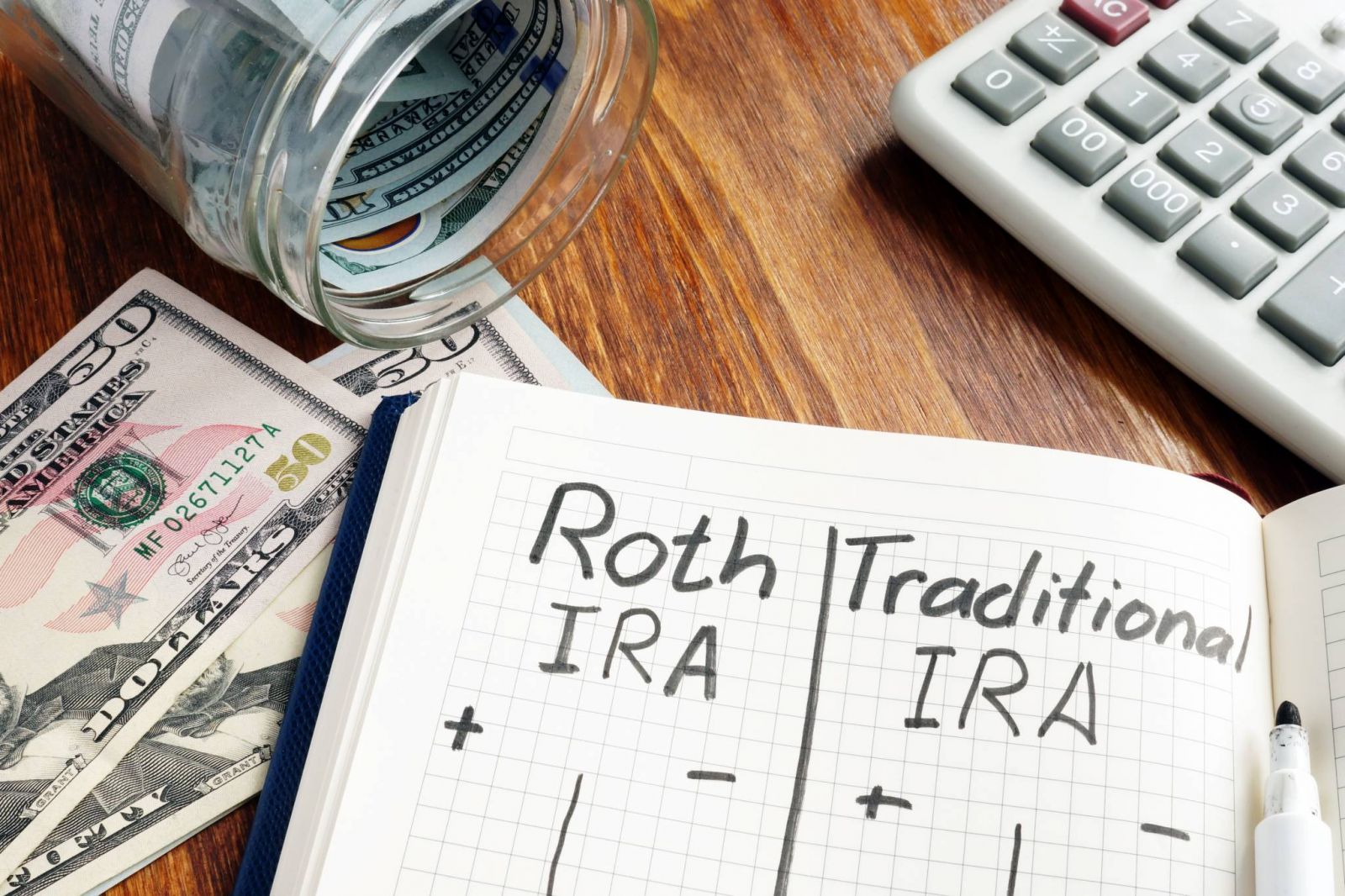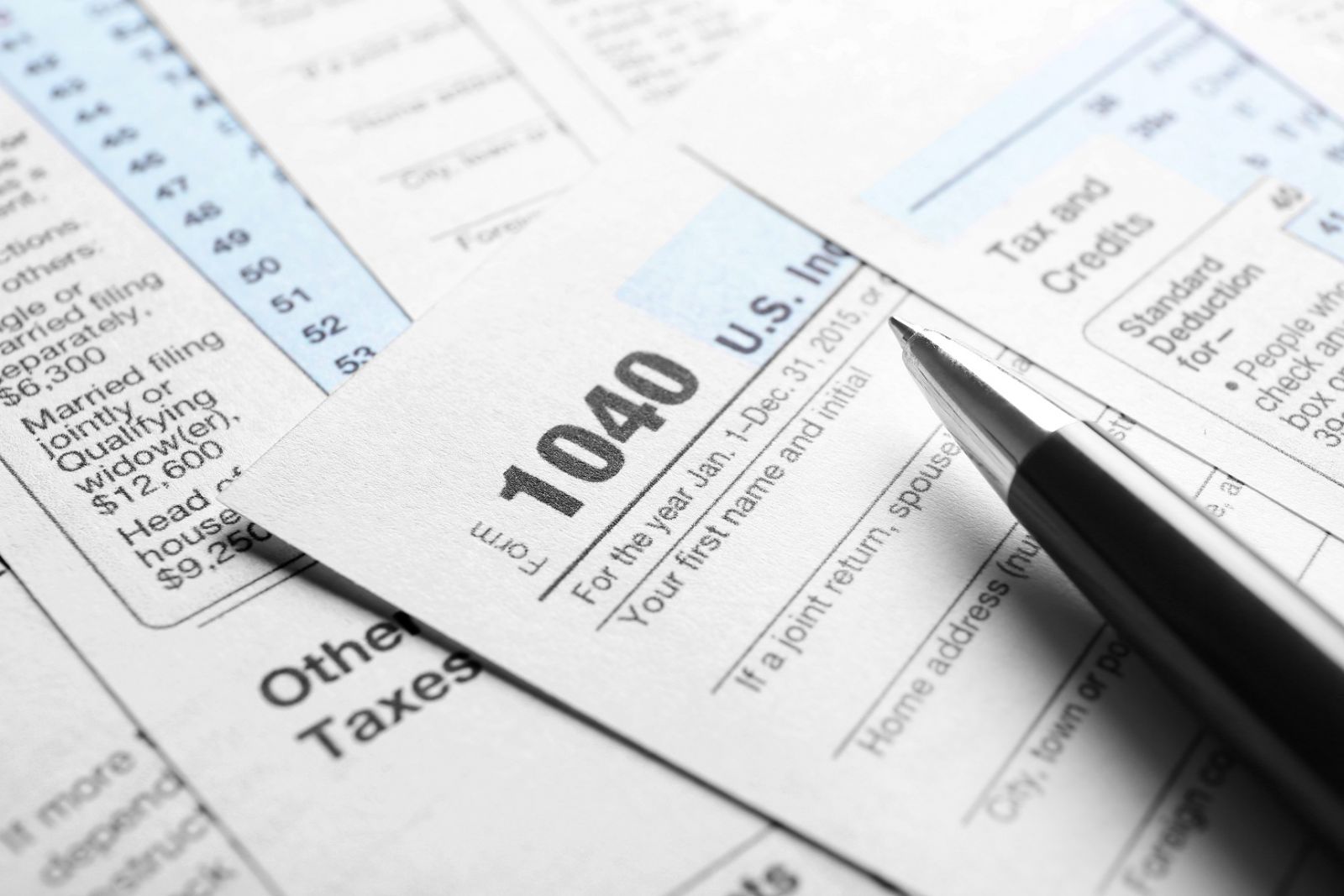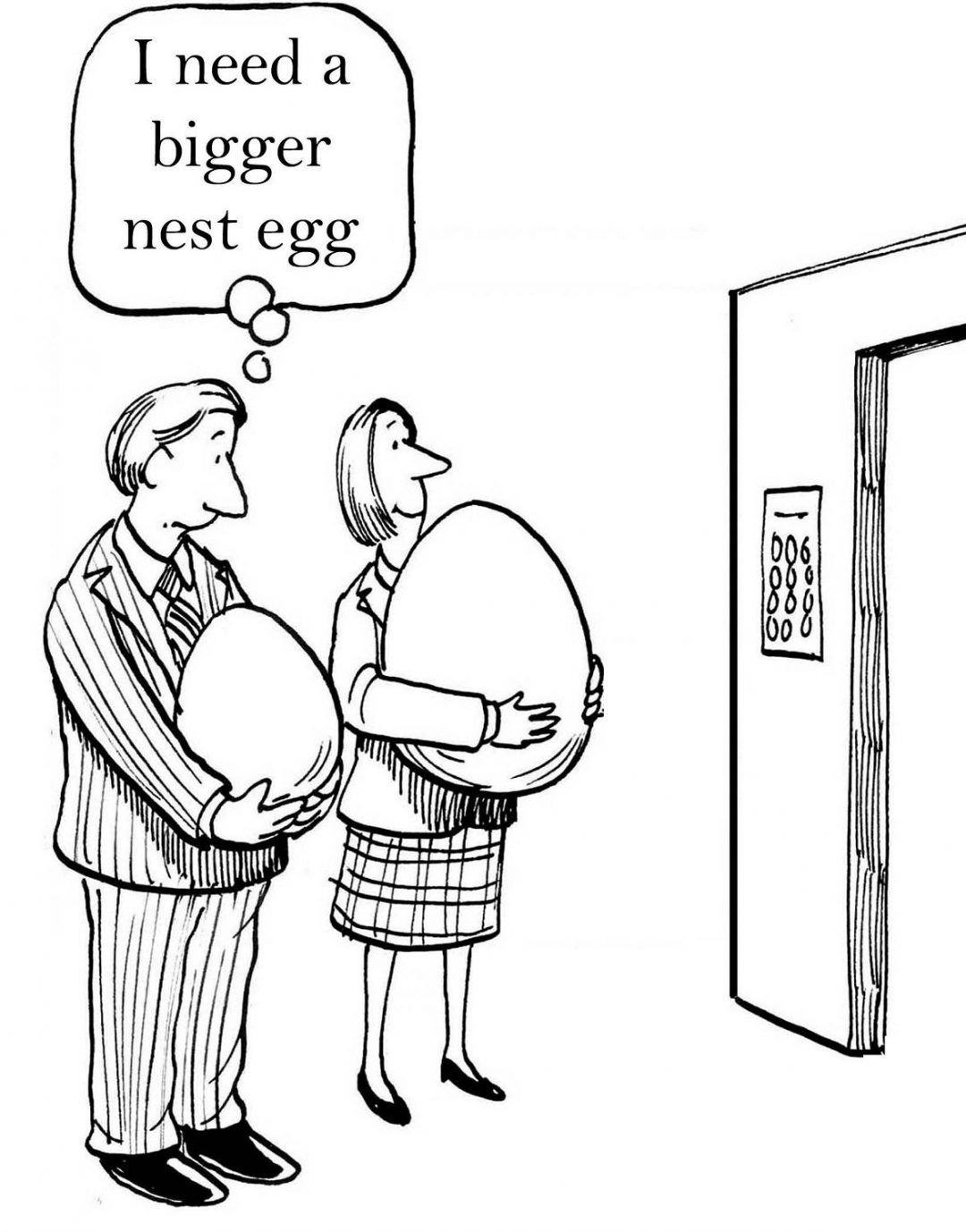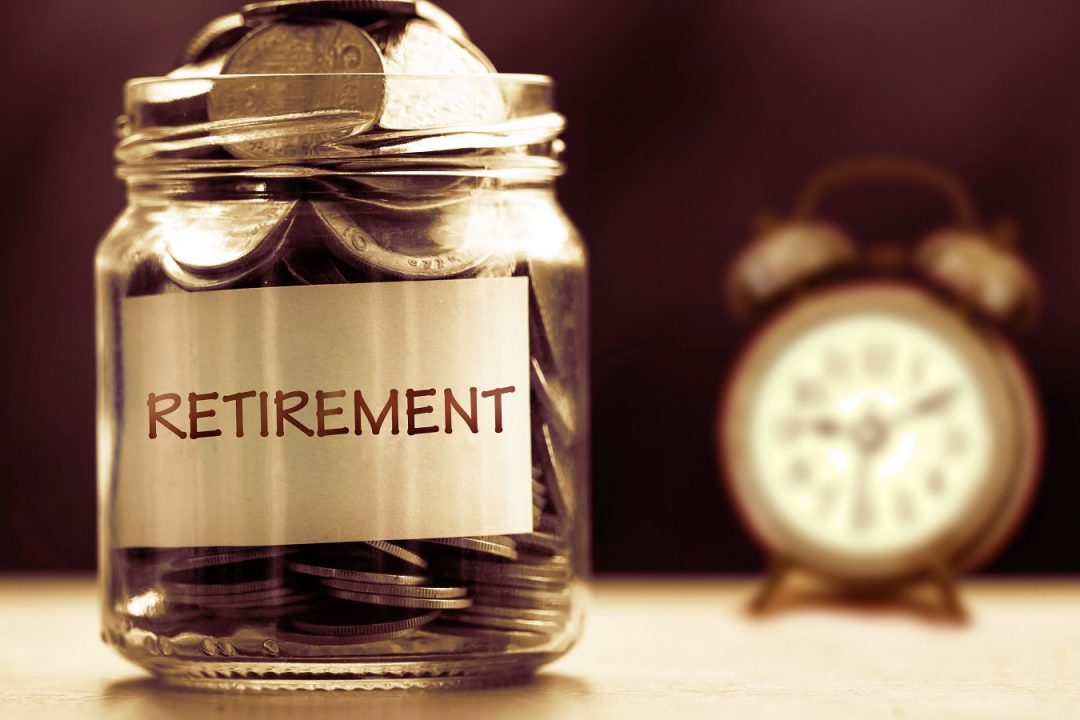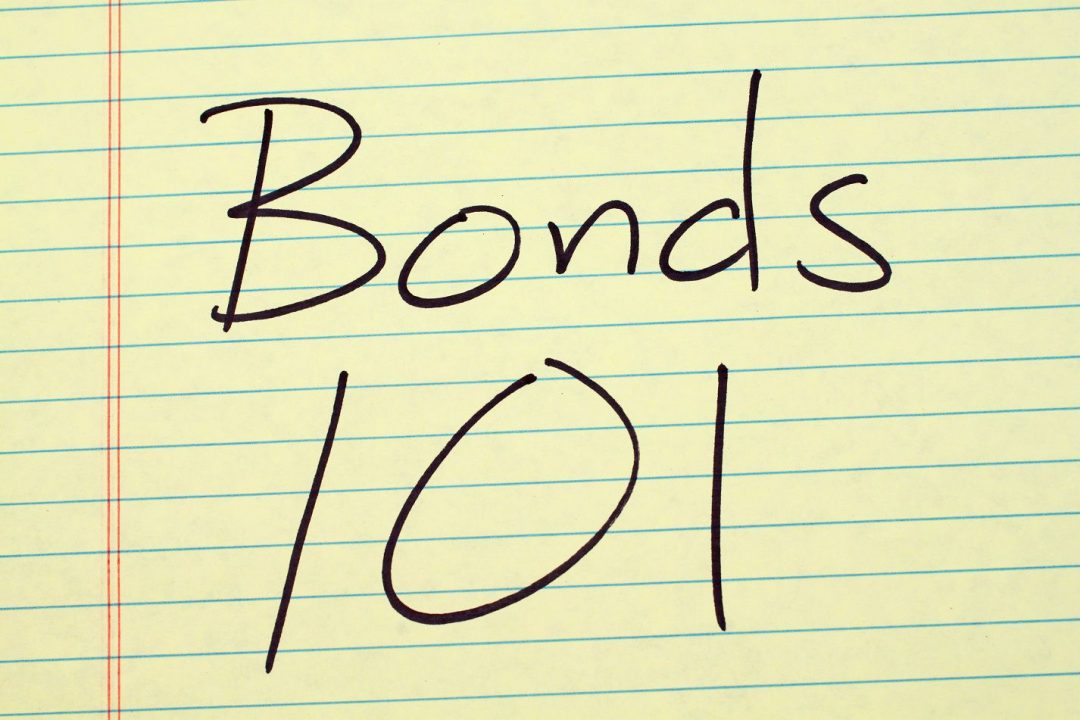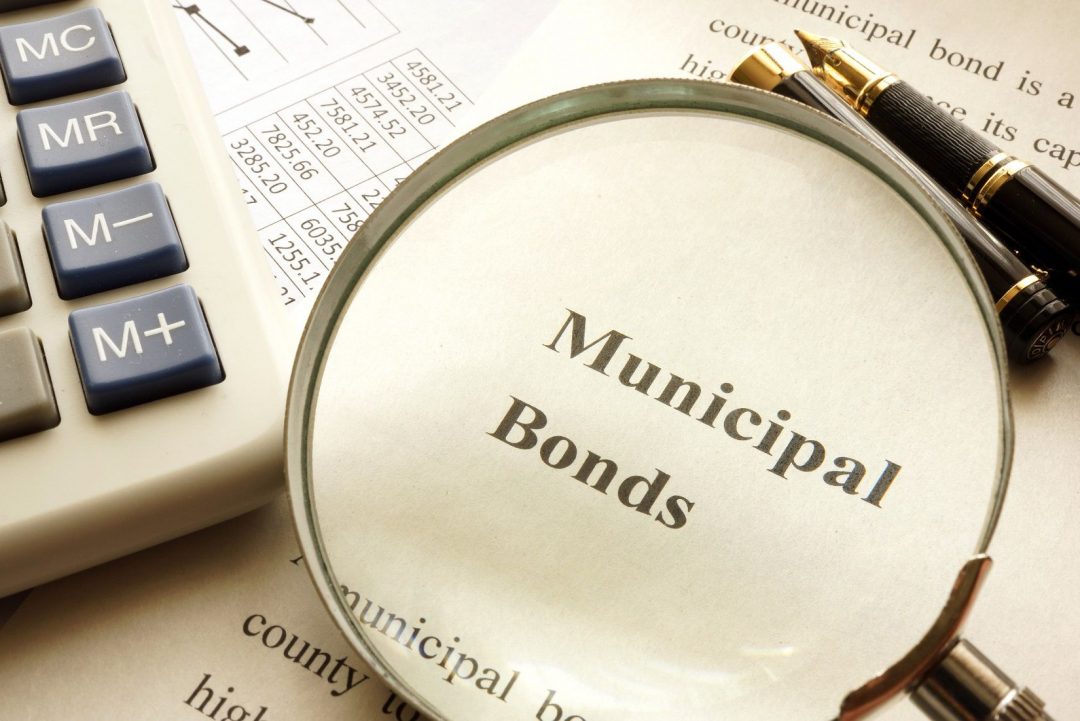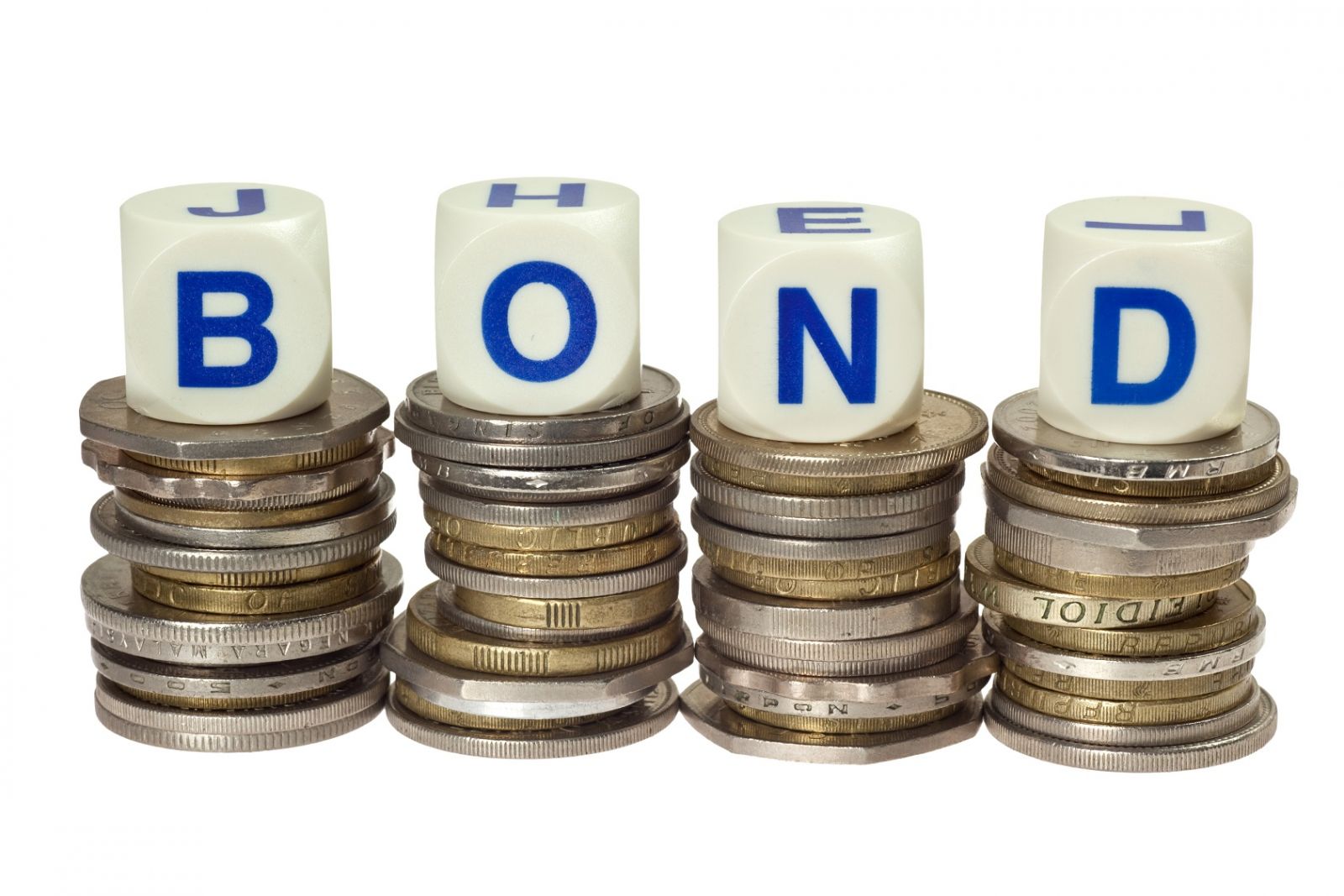Investing
HOW TO GET THE BEST OUT OF INVESTING – AFTER YOU RETIRE
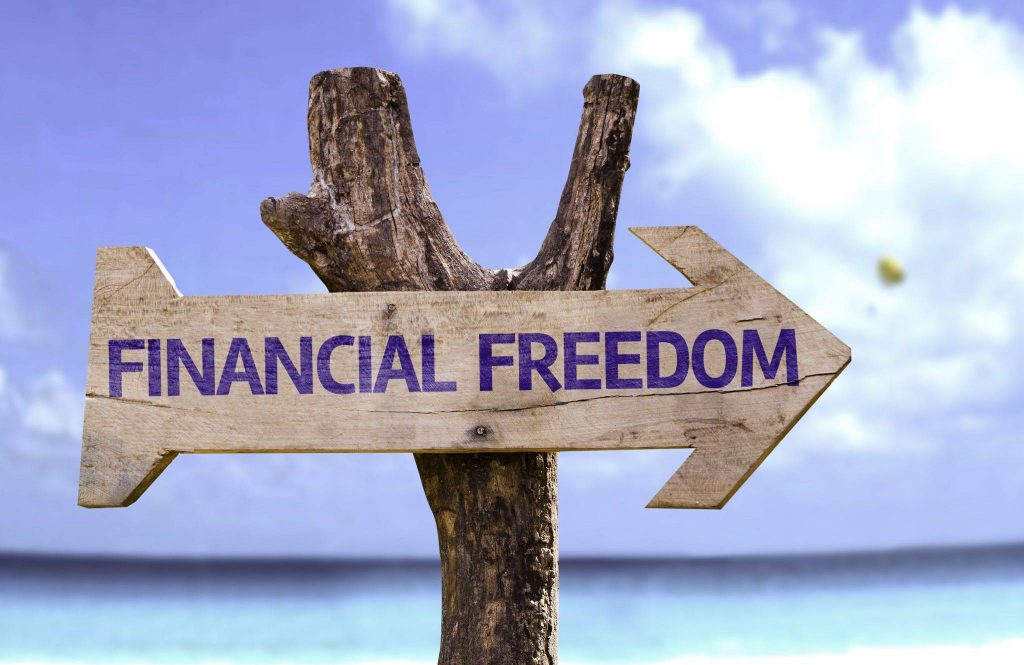
So you’ve turned 66, have finally retired, had a great time at your office farewell party, said your goodbyes and are finally, finally free to fulfill your long awaited dreams. So, being happy should be first on your list, right?
Well, not quite.
Now that you’re not working anymore (and therefore not actively earning anymore), you’re wondering if you can live your life without having to pin a “Welcome to Walmart” tag 10 years later due to having no cash. Sure, you have money now, but how long before it is all finished?
Believe it or not, it is actually possible to make your money last for the rest of your lifetime – despite any and all factors surrounding it. The secret lies in adapting your portfolio to a life where you are not collecting monthly paychecks anymore. Experts say that there is one thing all retirees (and even retirees-to-be) should understand is the fact that no matter how large the nest egg may be, it still needs to be backed by a regular paycheck – one that does not come from working at the office. According to senior economist Anthony Webb, who works at the Boston College Center for Retirement Research, the option to work longer and postpone retirement when the investment markets are down no longer exist once you have retired.
This does not mean, however, that you need to change your portfolio from the inside out – unless you have retired all-of-a-sudden to have exceptionally mishandled your investments. For instance, if your plan is to withdraw 4% of your assets during the first year of your retirement and thereafter adjust the amount according to the inflation rate later on, you will be very likely to deplete your savings over the course of 30 years. What you need to do, therefore, is to review your investments, determine how you can alter your portfolio to balance your requirements, and then use the portfolio to factor-in income, safety, and growth in a way that you will be emotionally as well as physically comfortable.
This brings us to the question – how does one make this determination?
One must start by look at three main factors:
- All retirement income sources
- How flexible your budget is; and
- The ability to withstand risk psychologically as well as practically.
Based on these guidelines, you can adapt your portfolio by using any one of the two most popular strategies of asset-allocation that put safety first. These are:
- The bucket plan: According to this plan, you make three divisions your savings, each of which will be used in each stage of retirement.
- The cover-the-basics plan: This plan will have you paying for your fixed expenses with your fixed sources of income (like pensions, annuities and Social Security). Your other assets will take care of the negotiable non-necessities (like entertainment and travel), which can be put on the back burner should the stock market plummet.
While these two approaches are different, and have their own set of advantages and disadvantages, they start from the same point – to match your regular income sources to your essential, non-negotiable expenses.
Each method has its own set of passionate advocates. Those siding with the bucket emphasize on the fact that designating an amount of cash will help couples identify their needs and budget. According to CPA Doug Duerr, couples should put their designated money in such as certificates of deposit, bank accounts, and money market. While this money will, practically speaking, earn very little, it will clearly demarcate your spending over your 30 years of life as a retiree. In the stocks plummet, the couple can survive on their cash holdings and there will be no need to unload stock funds or stocks at low prices; once the stocks recover, the couple can once again refill their cash bucket and gather money that can easily pay of 2 years worth of bills.
Many, such as Steve Vernon, a leading expert on retirement at the Stanford Center on Longevity, at Stanford University prefer the cover-the-basics plan. He believes that couples should focus on bridging the gap between basic, non-negotiable monthly expenses and non-necessities.
Yet another way to save extra money is to delay your retirement. The more time you spend working actively, the more you will earn (and save) and the lesser amount of time you will have to run with it. Moreover, you get to not claim Social Security till you actually retire, and yet avail the benefits of the same as you did if you had retired on time.
All said and done, this method is not suitable for all. Not everyone wants to keep working till they are 70, and not claiming Social Security does not have much of a practical value when you have to use all of it to pay for your monthly expenses.
Investing Your Nest Egg
As with allocating your money, there are various ways in which you can invest your nest egg. According to several experts, retirees have the ability to devote ample time to take their savings to stocks. This is partly due to the fact that both the bucket and cover-the-basics plan shield retirees from short-term plummeting of the stock market.
Which brings us to the question – how much should you invest and how much should you save? According to Vanguard Group strategist Catherine Gordon, this proportion depends on your age. For instance, if you’re about to – or have just retired at 66, you will benefit most from investing half your assets in stocks and the rest in cash and bonds. Furthermore, portion of the portfolio devoted to stocks should be divided between foreign and domestic stocks. The bonds, too, must U.S. and foreign debt and must be distributed equally among different maturities – without going overboard on long-term bonds.
Yet others, such as financial manager Nick Ventura, advocate a more hands-on approach, suggesting retirees to hold more in stocks and less in bonds. According to him, in the low-interest-rate environment of today, retirees must emphasize on stocks that actually pay dividends, such as real estate investment trusts and paying stocks. Additionally, they should make shield themselves against inflation by keeping some money in commodity funds.
Vernon’s approach is very simple. Based on the logic that retirees have their basic expenses completely covered with the help of pension, annuities and Social Security, they must invest whatever money they have in a traditional balanced fund, which involves keeping two-thirds of the assets in stocks and the rest in bonds.
Needless to say, there is no “one size fits all” formula to making your money last. It is you ho will have to figure out the basics, allocate your resources and wait for the future to unfold. Even in the worst case scenario, you can never be completely wrong.
VIEW MORE RELATED CONTENT FROM OUR SITE BELOW
Baby Boomer Advice, Investing, Retirement
With all the major hype and hoopla surrounding millennials and their sky-high achievements, baby boomers seem to be much less a topic to talk these days. Practically no one speaks about them, let alone the stocks that they must buy. It is, however, an extremely important topic. Given how baby boomers – the bulk […]
Investing, Retirement, Wills And Trusts
Let’s face the facts here – nobody likes probate. The further we remain from the lengthy and long-drawn (and not to mention, costly) process, the better we feel about ourselves and our precious assets. One of the best ways for people to avoid probate is to draft a living trust along with (or even […]
Investing, IRA & Roth IRA, Retirement
Saving for your retirement is a must, no matter what one’s current financial status may be. As daunting a task as it might seem, there are ways to make it, thanks to the various retirements schemes and plans out there. One of the most common and popular retirement plans is the Individual Retirement Account. […]
Baby Boomer Advice, Investing, Retirement
If you among the many baby boomer and are currently earning at your best in your career, you’re probably also wondering how you would be handling your finances during retirement to lead a comfortable life. After all, with all the news headlines about retirement challenges going around, there is quite a bit of concern […]
Estate Planning, Investing, Retirement
In today’s day and age, marriage is not the only way for couples to stay under one roof. In fact, data from the U.S. Census Bureau says that the number of adults who live cohabit together is 29% more than what it used to be in 2007 – and over a half of this […]
Investing, IRA & Roth IRA, Retirement
For most, one of life’s biggest goals is to have saved enough to live out their retirement peacefully and with financial independence. It is therefore, highly essential to have a proper retirement savings strategy in place. Individual Retirement Accounts (IRA) can – and do – play a very vital role in such situations – […]
Investing, Retirement, Tax-Minimization
Doing your taxes is a tough job. With laws and rules changing with every region and year, there is a lot of confusion around how it should be done in the most efficient manner – not to mention one that is easiest on the pocket. While there are way too many myths for us […]
Investing, IRA & Roth IRA, Retirement, Tax-Minimization
Living the freelancers’ life is the dream for many – the ability to be your own boss, set your own working hours, and achieve a higher level of work-life balance. And with over 36% of the American workforce engaging in some or the other kind of freelance work, the gig economy is indeed going […]
Estate Planning, Investing, Retirement
In today’s day and age, blended families are on the rise. While they are generally good news for both the parties involved (as well as their children, if there are any), they come with some unique changes and challenges, especially on the legal and financial front. In the case of estate planning, for instance, […]
Investing, Retirement, Traditional Stock Investing
Investing in stocks is one of the most lucrative option for anyone – when done right, it can help generate a lot of money. That said, many are hesitant to do so, at least in part due to a lack of understanding. Some common ideas that persistently surface for the topic of investing in […]
Investing, Tax-Minimization, Traditional Stock Investing
Owning and operating a business is no easy task, especially when the cash flow is on the low. While determination, talent and skill can and do make a difference, they are alone not enough to running the business at its best – as a business owner, you need to keep your finances running as […]
Investing, Retirement, Wills And Trusts
A living trust represents one’s plans for the future – the better the plans, the more structured one’s life is. That said, sometimes, even the best laid plans can be rendered useless by unexpected changes that happen in life. Changes like this can get you thinking about wanting to change your own plans – […]
Baby Boomer Advice, Investing, Retirement, Tax-Minimization
As of late 2007, Baby Boomers began collecting their Social Security payments, marking the beginning of an interesting time when there will be a long list of them in the retirement age. Due to their size alone, they form a demographic category that has more total spending power than anyone else on the globe, which […]
Freedom Bonds, Investing, Traditional Stock Investing
Judging by the looks of it, the BP oil disaster (aka Deepwater Oil Spill), despite causing the destruction it did, doesn’t really have anything special about it. After all, it is neither the first nor the last oil spill in the US, and neither is it the largest or the worst by any measure – […]
Baby Boomer Advice, Investing, Retirement
Life for the baby boomers hasn’t been easy, at least as far as saving for retirements is concerned. They have indeed experienced quite a few hard knocks. However, they now have a sound retirement saving strategy in place – one that can actually be beneficial for the younger generations as well. A lot has happened […]
Investing, Traditional Stock Investing
Any bond’s instrumental characteristic – which authenticates it and distinguishes it from any other – is the entity that has issued it, since as an investor you’re counting on that issuer to have your hard-earned money returned to you. The following are the most commonly-used types of bonds: – Investment-grade corporate bonds (high quality) – […]
Investing, Traditional Stock Investing
Generally speaking, bonds which don’t require too much investment (such as municipal bonds) are ideal for investors. That said, every investor and their portfolio have different kinds and combination of requirements. As an investor, you must consider all the advantages and disadvantages of municipal bonds in order to judge their appropriateness for your portfolio. The […]
Investing, Traditional Stock Investing
Are you one of the many people who are still holding on to their old Savings Notes (Freedom Shares), H or HH bonds, or E bonds? Maybe now is the time when you can actually do something with those. After all, those bonds no longer earn interest and perhaps are (or are on their way […]
Investing, Traditional Stock Investing
Any bond investor must have any and all of their investments well-suited to the objectives of the investment, degree of risk tolerance, as well as other personal circumstances. By referring to the following guide and keeping all factors in check, investors can determine the role their bonds have in their portfolio: #1: Overall objectives of […]
Investing, Retirement, Traditional Stock Investing
So, you’ve been working hard and saving well for all of your professional life and are now on the threshold of retirement. Needless to say, the time for you now is to actually enjoy all that you’ve wanted to do so far. Before you jump on the retirement bandwagon, however, you must ensure that your […]
Freedom Bonds Directory, Investing, Retirement
In today’s day and age, there is no dearth of good retirement plans. That said, there are some caveats if you really want to benefit from them, the chief among them being the fact that there is no one way to achieve your goals and gain maximum profits. According to Jennifer Landon, founder and president […]
Investing, Retirement
Putting a plan in place that can generate enough money to support you after retirement can be tricky at best. Not following the right plan…or rushing into something may just sound the death knell for all of your hard-earned savings. Here are five great ways in which you can generate good income during your retirement. […]



